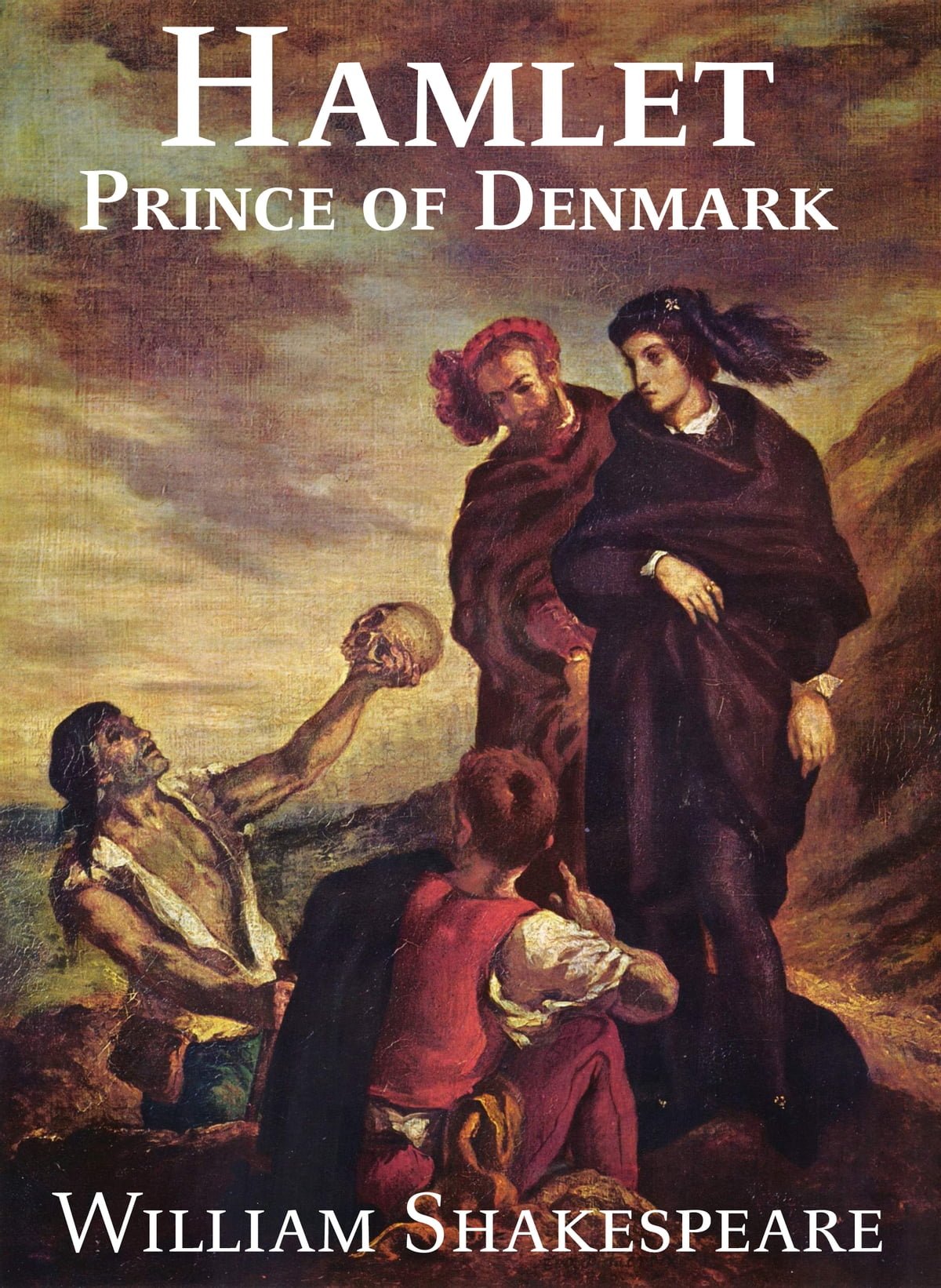5 Famous Literary Quotes Explained: “To be, or not to be, that is the question.”
Authored by volunteer contributor Bex Roden, History Through Fiction is proud to release a weekly blog series titled 5 Famous Literary Quotes Explained. Each post, released Wednesdays during the month of August, will examine and explain a famous literary quote you’ve probably heard, but aren’t certain of its origin or meaning. We begin the series with the quote, “To be, or not to be, that is the question.”
A note from author of the series, Bex Roden – Perhaps you’ve heard some of these before—inspired lines from poets and authors over the ages that have since become household expressions in the English-speaking world. It’s quite common for English sayings to originate from popular works of literature, but the sentiments and the stories behind each expression are always unique and rare, and therefore, worth every minute of exploration. Because behind every famous line, there is an unimaginably vast world of historic and symbolic contexts to be discovered. So, to chip at the tip of the iceberg, I will be sharing brief explorations of five of the most famous literary quotes in the English-speaking world.
1. “To be, or not to be, that is the question.”
From a modern perspective, this is arguably the most famous line in the history of English literature, which is not surprising because it originates from the hand of arguably the most famous writer in the history of English literature as well—William Shakespeare (1564-1616). It comes from Act III, Scene I of the tragic play, Hamlet, which Shakespeare wrote sometime between 1599 and 1601.
The story takes place in Denmark between the 14th and 15th centuries AD. It follows an emotionally tumultuous period in the life of the protagonist, Hamlet, whose father, the king of Denmark, was murdered by a close relative.
In its original context, the line comes from a soliloquy in which Hamlet contemplates the profundity and finality of death:
“To be, or not to be, that is the question:
Whether 'tis nobler in the mind to suffer
The slings and arrows of outrageous fortune,
Or to take arms against a sea of troubles,
And, by opposing end them?—To die,—to sleep,
No more;—and by a sleep, to say we end
The heart-ache, and the thousand natural shocks
That flesh is heir to: 'tis a consummation
Devoutly to be wished. To die,—to sleep,—
To sleep! perchance to dream: ay, there's the rub […]”
(Hamlet, III.i.55-64)
“The question” Hamlet explores here is whether to commit suicide. In wondering, “To be, or not to be,” Hamlet literally means, to be alive or not to be alive—which is better? He explores notions of peace in an eternal sleep, and the benefits of escaping inevitable pain and suffering on earth. However, he counters these arguments by recognizing that death is a mystery, and there is no guarantee that the side of the dead is more peaceful than the side of the living.
About the Author
Bex Roden is an aspiring literary artist with an interest in historical fiction. She has a formal education in English Literature centered on literary analysis and criticism, and is now expanding her focus into the realm of creative writing. She is currently an active-duty service member in the U.S. Air Force and writes in her free time.


